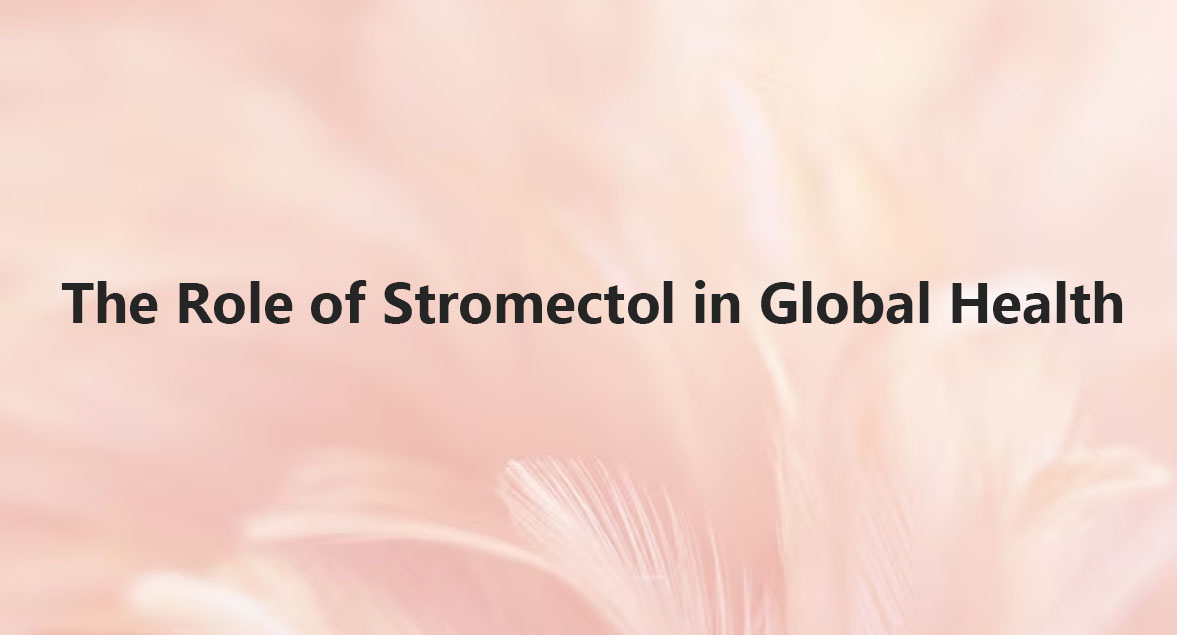In recent years, the topic of global health has gained significant attention, with the international community striving to combat various health challenges prevalent in low-income countries. One essential component of addressing global health issues is the availability and accessibility of appropriate medications. Stromectol, also known as Ivermectin, has emerged as a vital tool in improving global health by effectively treating parasitic infections and neglected tropical diseases.
Understanding Stromectol (Ivermectin)
Stromectol, a brand name for Ivermectin, is an antiparasitic medication widely used to treat infections caused by various parasites. It was first introduced in the 1980s and has since played a crucial role in managing and eliminating certain parasitic diseases. Ivermectin works by paralyzing and killing the parasites, thus freeing the infected individuals from the burden of these debilitating diseases.
The Impact on Global Health
1. Malaria Elimination
Malaria, a life-threatening mosquito-borne disease, affects millions of people globally, primarily in sub-Saharan Africa and South Asia. Stromectol has shown promise as an additional tool in the fight against malaria. Studies have suggested that Ivermectin can reduce the lifespan of mosquitoes that transmit the disease, thereby limiting its spread in communities.
2. Onchocerciasis Control
Onchocerciasis, commonly known as river blindness, is a parasitic disease transmitted by black flies. It can lead to severe skin and eye infections, causing irreversible blindness in some cases. Stromectol has been pivotal in controlling onchocerciasis, with mass drug administration programs successfully reducing the disease burden in endemic regions.
3. Lymphatic Filariasis Management
Lymphatic filariasis, also called elephantiasis, is another neglected tropical disease transmitted through mosquito bites. The infection causes painful and disfiguring swelling of body parts. Stromectol has demonstrated efficacy in managing lymphatic filariasis, preventing the progression of the disease, and reducing transmission.
4. Soil-Transmitted Helminths (STH) Eradication
STH, a group of parasitic worms, is prevalent in areas with inadequate sanitation and hygiene. These infections can lead to malnutrition, anemia, and impaired cognitive development in children. Stromectol has been incorporated into mass deworming campaigns, contributing to the reduction and eradication of STH infections.
Challenges and Controversies
Despite its effectiveness, the use of Stromectol in global health initiatives has faced some challenges and controversies. One significant concern is the potential development of drug resistance. To address this, health organizations advocate for responsible and targeted use of Ivermectin to minimize the risk of resistance.
Additionally, some studies have explored Ivermectin’s potential role in treating other diseases, such as COVID-19. While some preliminary research has shown positive results, more robust clinical trials are needed to establish its efficacy in treating viral infections.
Stromectol, or Ivermectin, has undoubtedly played a critical role in improving global health by combating parasitic infections and neglected tropical diseases. Its impact in controlling malaria, onchocerciasis, lymphatic filariasis, and soil-transmitted helminths has been remarkable. However, responsible and targeted use, along with ongoing research, will be crucial to maintaining the effectiveness of Stromectol and maximizing its potential in promoting global health for vulnerable populations worldwide.

Leave a Reply